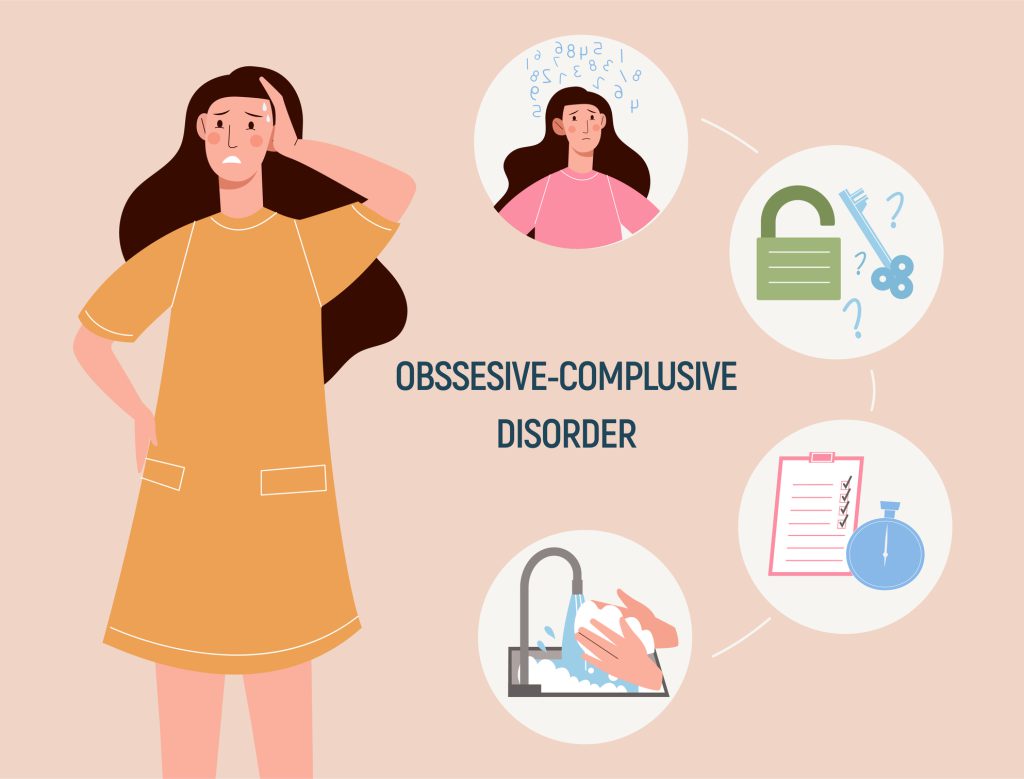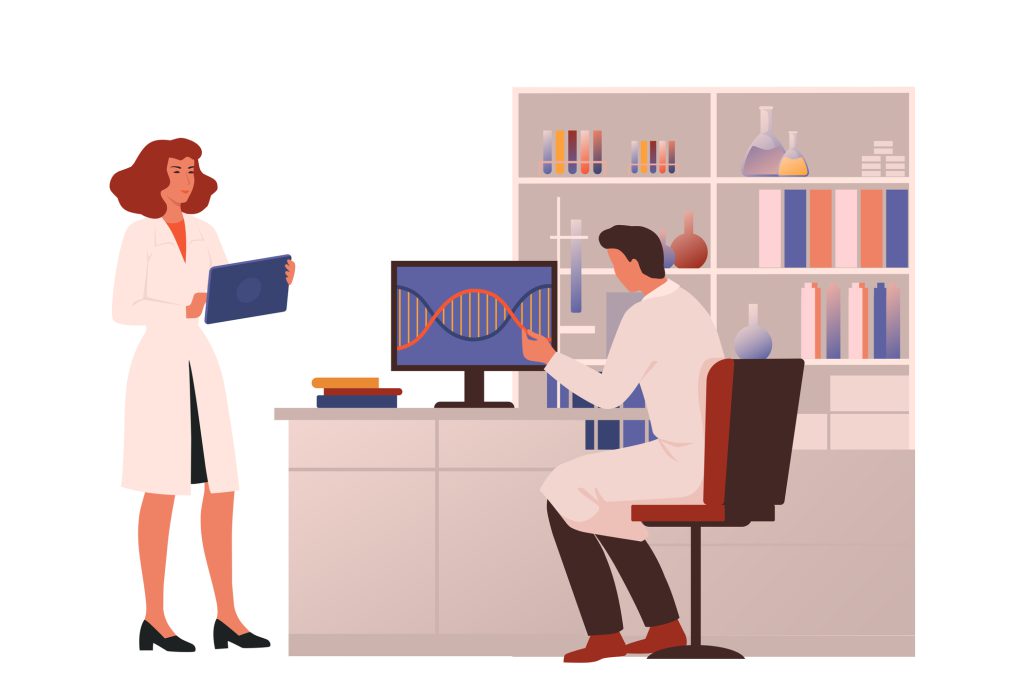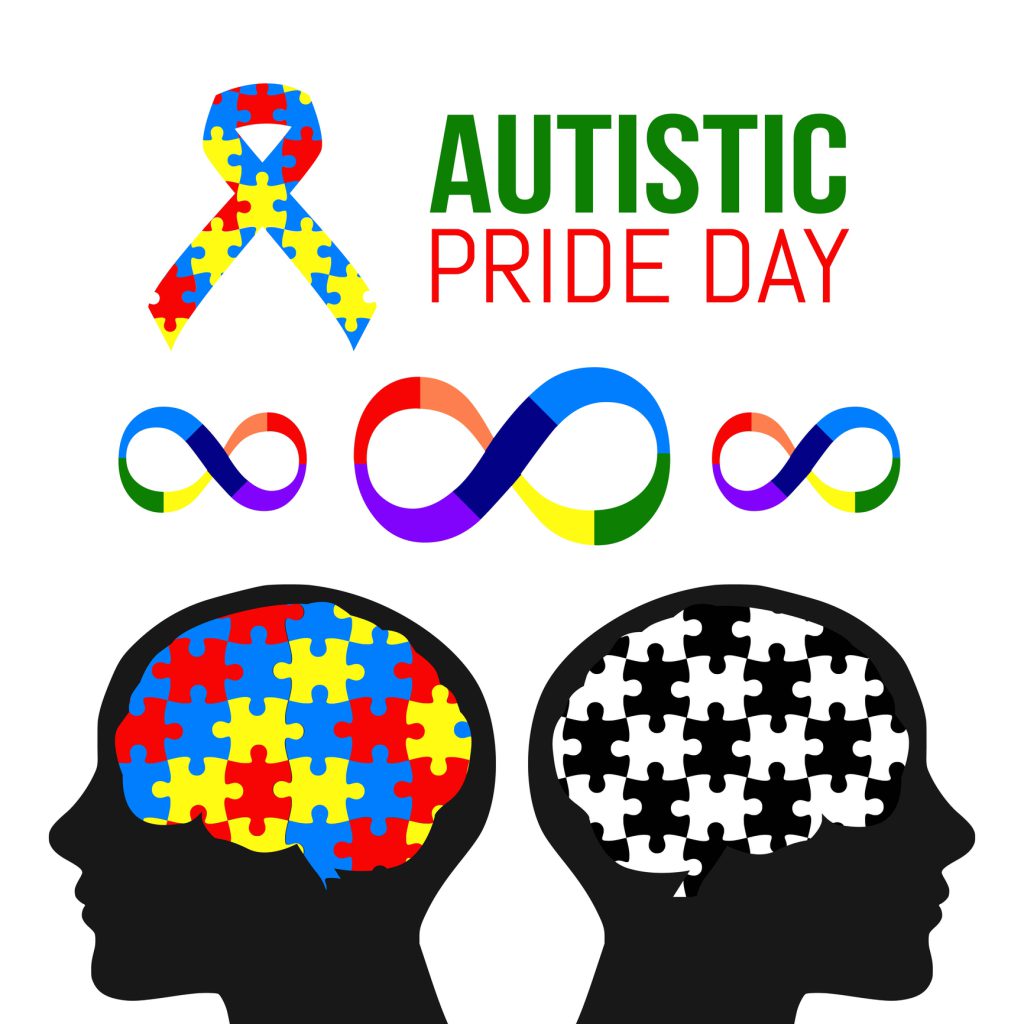
Next in the ‘A-Z’ series is S for Sexual Orientation. Higher rates of psychological distress among sexual minorities is not due to shared genetic influences. In this blog, Kunle looks at applying genetic research designs to investigate the links between sexual orientation and mental health difficulties. …










Recent Comments